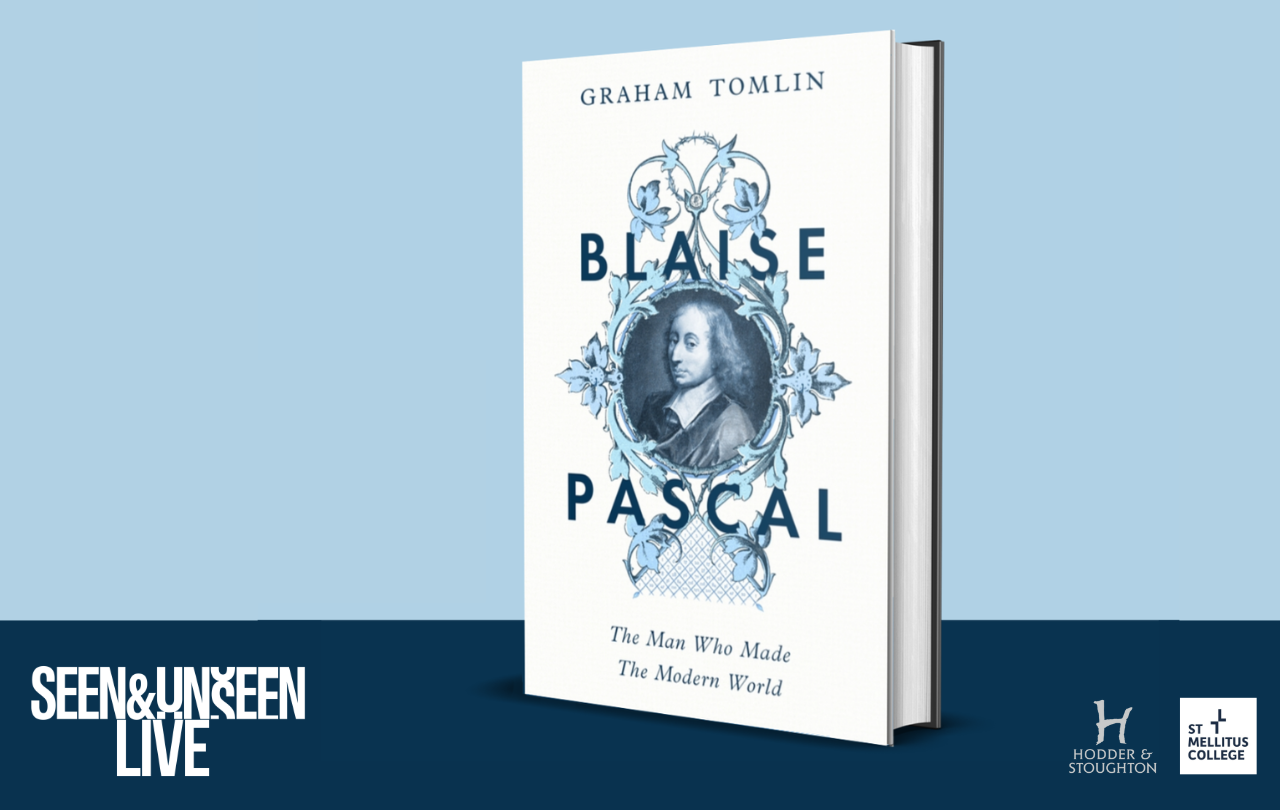
Join three times New York Times bestselling author and award-winning podcast host Katie Bowler in conversation with Seen & Unseen's Graham Tomlin.
"What living with a death sentence can teach all of us about life"
Kate Bowler is a historian and expert in the stories we tell about success and failure, suffering and happiness. Her 2018 book, Everything Happens for a Reason: And Other Lies I've Loved, is a profound memoir by a young woman with a terminal illness. Bowler also works at Duke Divinity School as an associate professor of the history of Christianity in North America.
Graham Tomlin is the Director of the Centre for Culture Witness, the initiative behind Seen & Unseen. He was Bishop of Kensington from 2015-2022. He taught theology at Oxford University for many years before becoming the founding Dean of St Mellitus College. He has written many books, most recently Blaise Pascal: The Man Who Made the Modern World.
Details
Tuesday 27th May 2025
7.30pm Webinar start
8.30pm Webinar end
This is a rare conversation, not to be missed. Reserve your free ticket now. This event is free to attend but if you're in a position to do so, any donations will grant you access to our Behind The Seen community, helping people everywhere encounter Christian perspectives on life and culture.





